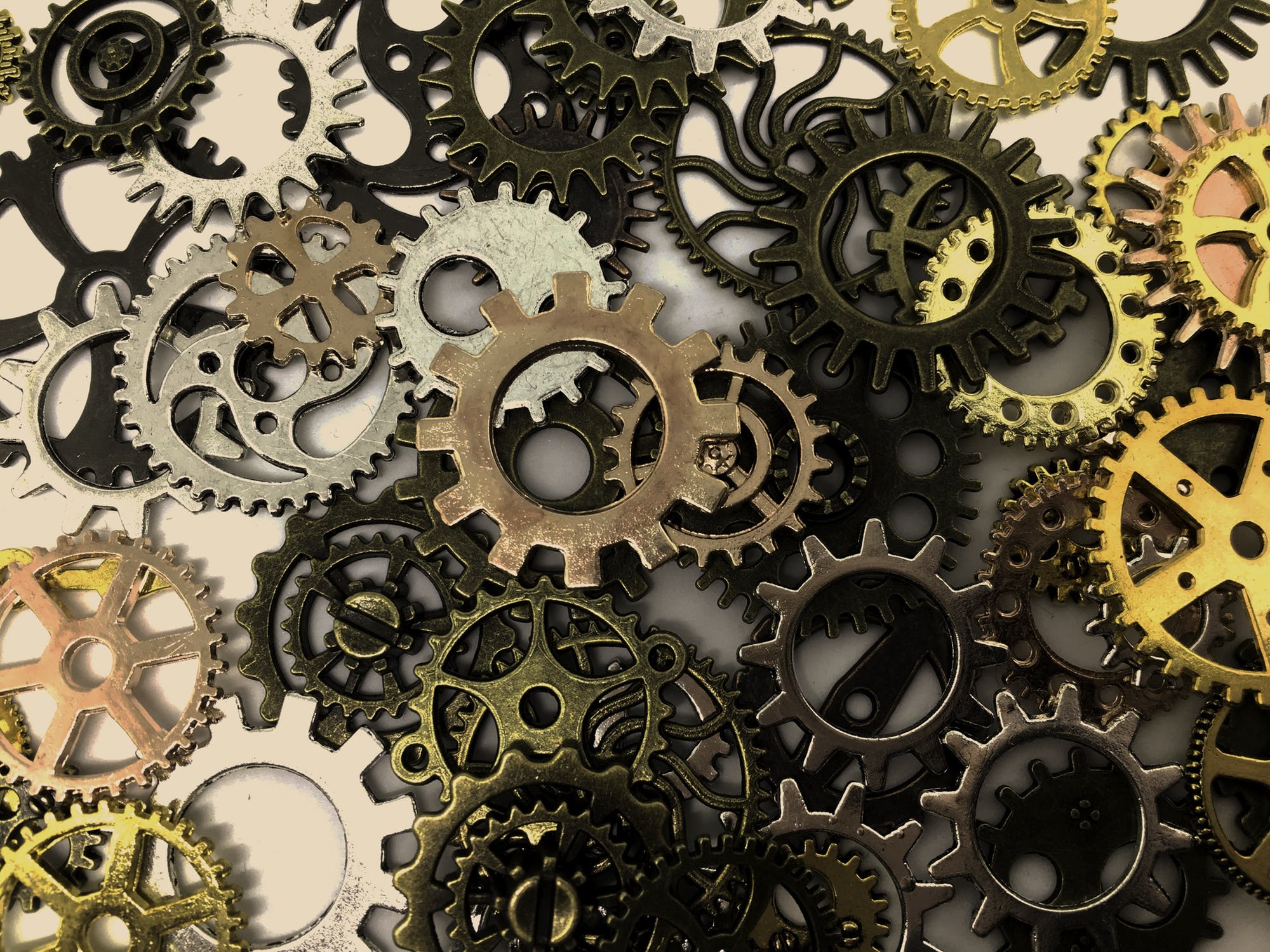
22 Feb The History of CNC Machining
The history of CNC machining developed in the 1940s and 1950s, with the first CNC machines relying heavily on the most common telecommunication data storage of the time; this technology was known as “perforated paper tape” or “punched tape”. This technology is now long-obsolete as data mediums transitioned from analog to digital computer processing in the 1950s-60s. The machines during the 1940s-50s followed the instructions of the specific points that were fed into the machine on punched tape.
The first CNC Machine was said to belong to the Parsons Corporation in Travers City, Michigan. This system used punched tape to produce templates for helicopter blades. In 1942, John Parsons calculated airfoil coordinates on an IBM 602A data multiplier and then fed the data points into a Swiss jig borer. This was considered the first CNC machine as the system read and produced manufactured goods based on preprogrammed information.
During the 1960s, CNC machining began to make the switch from analog technology to digital software and computer-controlled devices. During the 1960s, relays and electronic tubes were replaced with transistors, and integrated circuits replaced punched tape.
What Does CNC Stand for in Machining?
Machines that operate with Computer Numerical Control are electro-mechanical devices used to manipulate machine shop tools using specific computer programming inputs. CNC machining is one of the most popular methods for generating prototypes from a digital software file. The other most popular method would have to be 3D printing technology, such as SLS/SLM, SLA, and FDM.

CNC machining, in general, helps transform stock pieces of materials (such as a brick of steel or plastic) into a finished product. CNC relies on inputted computer data to instruct the machine how to cut the prototype parts. By automating your machine tools, it rapidly improves shop productivity and improves bottom line costs. Many materials can be used, but the most common types of materials are brass, aluminum, copper, steel, wood, foam, titanium, fiberglass, and various types of plastics such as polypropylene.
What to Look for in a CNC Machining Provider
Choosing a reputable machining and tool engineering company is your first step when looking to automate your assembly line or production line. Look for a strong track record of experience, references, customer support, and short turn-around times. An experienced company will be able to provide multiple references and examples of their work without reservation. For any metal fabrication or machining organization, there will be a host of important licensing considerations and important regulatory facets that a machine shop should keep in mind. At Automation Tech Services, we have a strong safety protocol and follow all relevant federal regulations. There will be no delay in our high-quality service due to procedural reasons.
Advantages of CNC Machining
There are many reasons as to why CNC machining is so popular. Since the fabrication of the product is completely automated when the CNC machine is in use, the operator faces less risk of injury and increases the level of safety of the shop workers. CNC machining is cost-effective because it reduces waste with increased accuracy, which minimizes losses and improves profits. CNC machining is also incredibly fast when compared to hand-fashioning a product, which results in increased workload and productivity. CNC machines are also built with feature and failure detectors for internal quality assurance, which cuts down on raw material use and increases efficiency.
CNC Machining Near me
Automation Tech Support offers the best in CNC machining in Boynton Beach, Florida. We are a full-service tool engineering company that specializes in fully automated manufacturing lines; we can run your manufacturing line at our facility while we monitor and control the quality of your product and build custom, cost-effective machines for any type of assembly. Our CNC machines are equipped to manufacture custom parts from CAD files that you provide or designs that we make ourselves; we can run as many parts as required through milling, turning, and grinding. If you have any questions about our services or would like to get in touch, call us at (561) 737-3577 or visit our services page.


Sorry, the comment form is closed at this time.